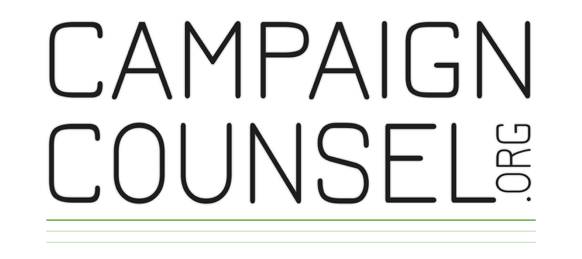The CARES Act and Your Capital Campaign
Informing your capital campaign constituents of the charitable giving incentives offered by the CARES Act may create opportunities to close on their initial gifts or approach them for a second gift in 2020.
Explore the act below to see how sharing it with your donors might help them while helping you too. This is information to get you started. Speak with your legal and tax experts for advice on how to proceed.
What is the CARES Act?
In March 2020, Congress passed a sweeping $2.2 trillion stimulus bill in response to COVID-19, the Coronavirus Aid, Relief, and Economic Security (CARES) Act. The act provided aid to businesses and nonprofits affected by the pandemic and created tax benefits for almost any taxpayer who makes charitable contributions in 2020.
Of interest to higher-net-worth individuals is the elimination for 2020 of the cap on how much of a taxpayer’s charitable donations can be deducted against income. The act also benefits those who take the standard deduction and do not itemize. They can claim a deduction in 2020 for up to $300 in charitable giving by an individual or $600 for a household filing jointly.
Informing your donors and capital campaign prospects about the tax benefits created by the CARES Act may incentivize them to make an initial or even second gift to your nonprofit. Let’s explore the act’s benefits to charitable givers a little more and think about the best ways to communicate those benefits to donors.
CARES Act Raises the Charitable Giving Deduction Cap
Prior to 2020, higher-net-worth households who itemize their deductions, including gifts to charity, faced caps on how much of their charitable donations could be deducted: a maximum of 60% of adjusted gross income for cash donations.
The CARES Act eliminates this cap for 2020, allowing households to deduct cash gifts of up to 100% of their adjusted gross income, which could effectively eliminate a taxpayer’s federal tax liability in 2020. Cash contributions are fully deductible.
Caps on corporate giving also rose under the CARES Act. Previously, corporations were able to deduct charitable donations up to 10% of taxable income. The act raises that cap to 25% for 2020.
$300 Universal Charitable Deduction Benefits Non-Itemizers
For those who take the standard deduction and do not itemize, the CARES Act also establishes a $300 universal charitable deduction in 2020. These taxpayers can deduct donations directly to a charity of up to $300 per individual or $600 for joint filers on their 2020 federal tax return above the standard deduction.
What should I do with this information?
Since the people who have the most to gain from the charitable giving provisions of the CARES Act may be major-gift donors, sharing this information during your capital campaign may be a useful way to approach them for a second gift. The best way to do this is to schedule a meeting. Offer your heartfelt thanks for their current 2020 commitment. Then ask, “Did you know that your gift is eligible for a 100% tax deduction under the CARES Act?” Share what the campaign still needs and allow that conversation to open to their consideration of a second gift.
The same question can be posed to a new donor and may help motivate her to make the commitment before year end.
These are difficult times for all of us, but that does not mean that we can’t find opportunity. Keep engaging with your donor constituents. Continue promoting the good works your nonprofit is doing. Encourage people to give to your mission and vision, and when appropriate, share the incentives created by the CARES Act.
Are you considering a capital campaign? Contact us for a no-fee introductory workshop.







